As a swimmer, you’re constantly pushing your body to its limits, and the fuel you put in makes a significant difference in your performance. While it’s important to know which nutritious foods can boost your energy and stamina, it’s equally important to know which foods to avoid.
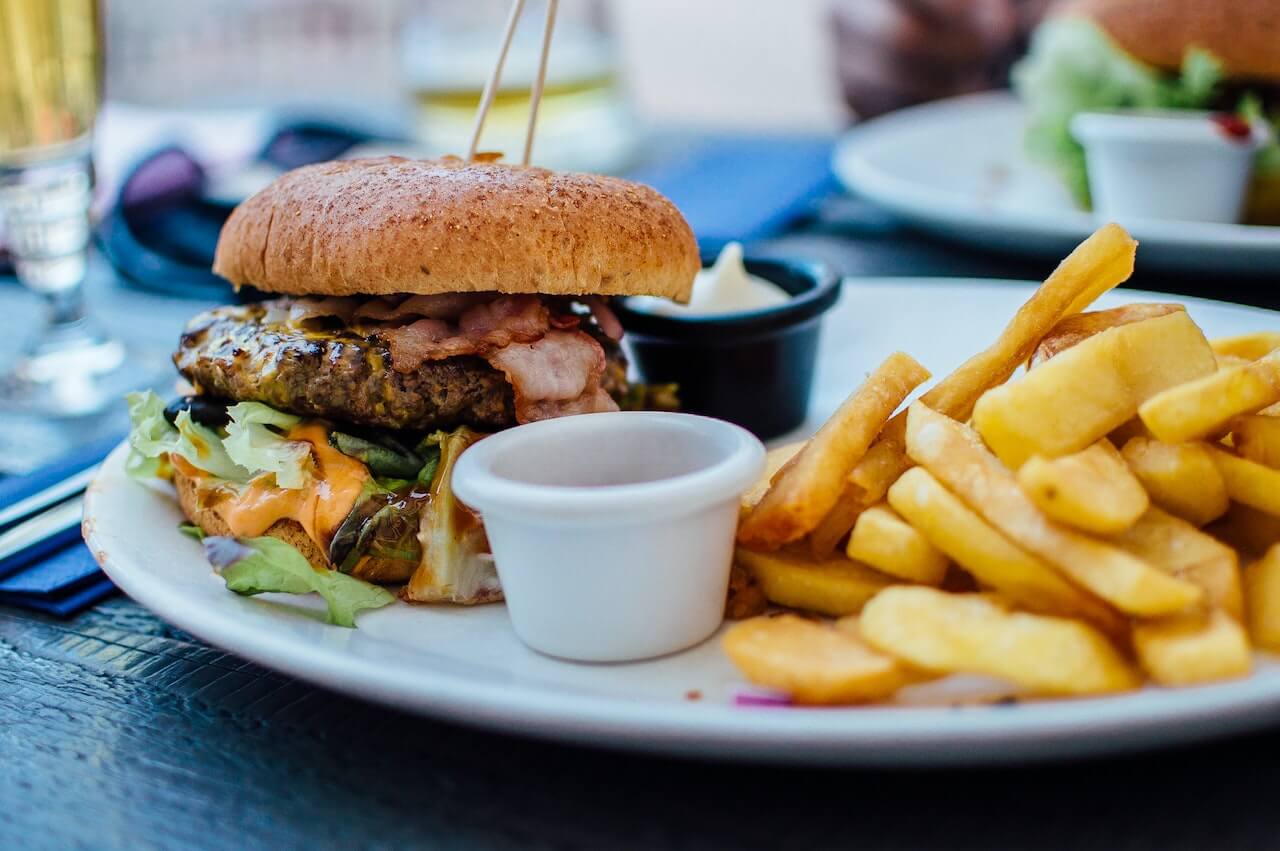
Swimmers should avoid the following foods if they want to perform at their best:
- High-sugar foods
- Deep-fried foods
- High fiber foods
- Gas-producing foods
- Alcohol
- Excessive amounts of caffeine
Instead, swimmers should eat clean sources of protein like egg whites, chicken breast, protein shakes, complex carbohydrates such as quinoa and whole grains, and healthy fats such as nuts and avocado.
In this article, we will delve into the top foods that can hinder your performance in the pool and what you should eat instead.
The Importance of Nutrition for Swimmers
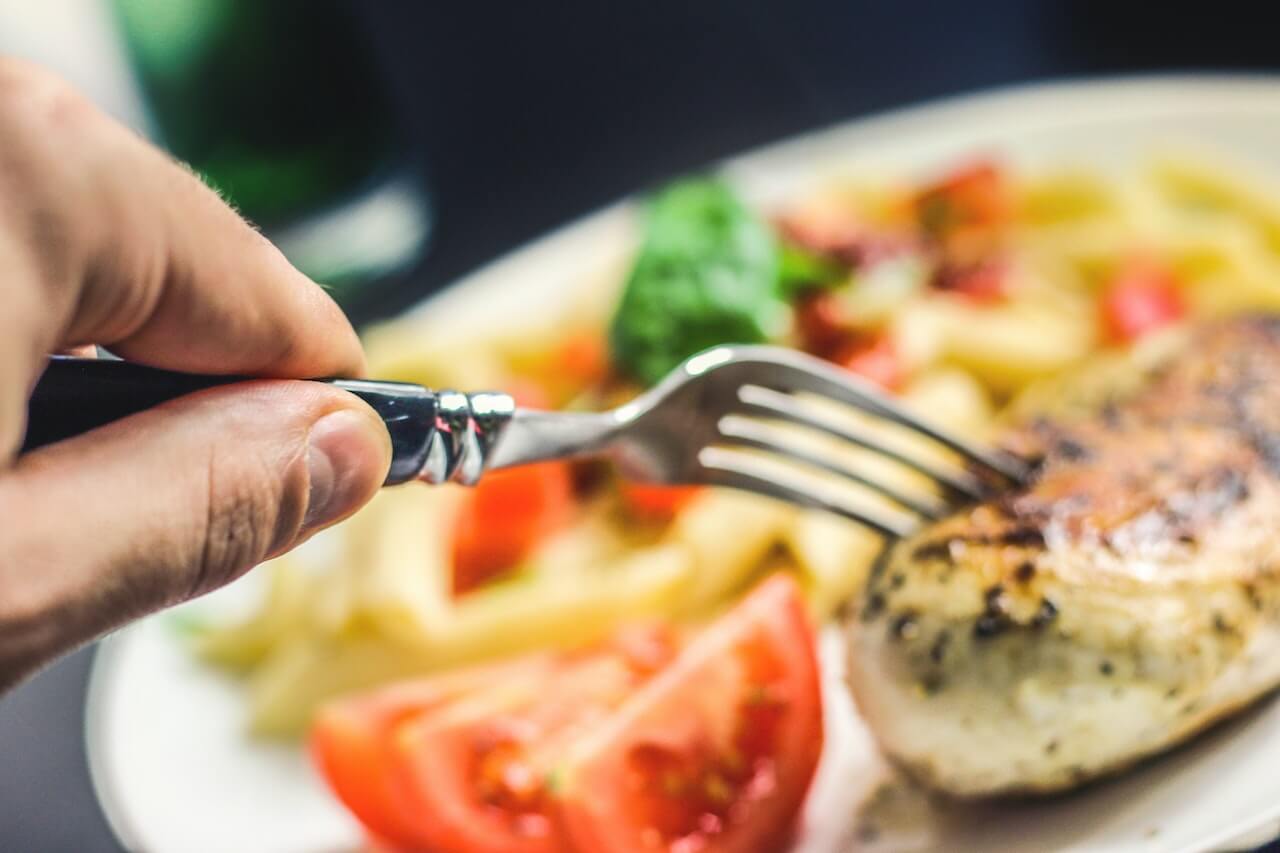
Essential Nutrients for Performance
As an athlete, it’s crucial to fuel your body with the right nutrients to support your performance and recovery.
One key component of a swimmer’s diet is protein. Consuming adequate protein, such as from fish, lean chicken, or nuts, helps support muscle recovery and growth.
You should also include healthy fats like avocados, walnuts, and coconut to provide longer-lasting energy for your training sessions.
In addition to protein and healthy fats, swimmers need a considerable amount of complex carbohydrates. These carbohydrates, found in foods like brown rice, quinoa, and whole grains, provide you with the energy needed for high-intensity workouts.
Lastly, don’t forget your micronutrients; incorporate plenty of fruits and vegetables, rich in vitamins and minerals like iron, potassium, and calcium, to maintain overall health and support heart function.
Hydration and Electrolytes
Another factor that plays a crucial role in a swimmer’s performance is hydration. Dehydration can lead to muscle cramps, fatigue, and reduced endurance.
Remember to drink water consistently throughout the day and always have a water bottle handy during training sessions. You can also benefit from electrolyte-rich beverages such as coconut water, which helps prevent dehydration and replenishes essential minerals lost through sweat.
For long or intense workouts, consider consuming sports drinks that contain electrolytes like sodium and potassium. These minerals help balance your body’s fluid levels, support muscle function, and prevent cramps.
Additionally, some swimmers might find adding honey or chia seeds in their water helpful, providing an energy boost and supporting digestion.
Foods Swimmers Should Avoid
So now that you know about the importance of nutrition to fuel your body, you can better understand why you should AVOID the foods discussed below, as they will have a negative impact on your health and performance.
High-Sugar Foods

High-sugar foods can cause a sudden spike in your blood sugar levels, followed by a crash that may leave you feeling tired and sluggish.
These foods offer little nutritional value and can contribute to weight gain, heart disease, and diabetes. Examples of high-sugar foods to avoid include:
- Candy
- Donuts
- Sugary cereals
- Granola bars high in added sugar
Gas-Producing Foods
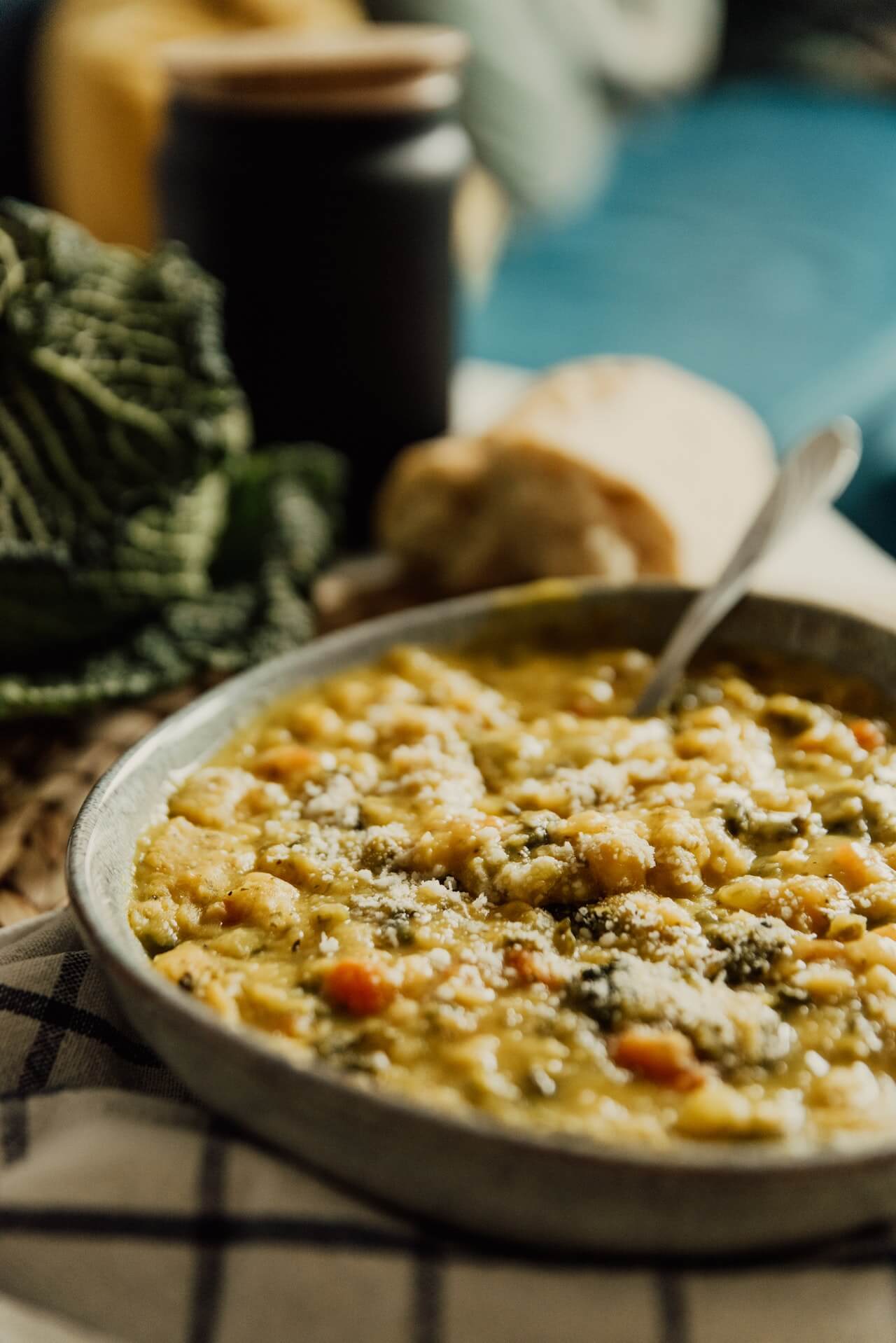
Gas-producing foods can cause bloating, discomfort, and gastrointestinal issues that may hinder your performance in the pool. Examples of gas-producing foods to steer clear of include:
- Beans
- Carbonated beverages
- Certain cruciferous vegetables (e.g., broccoli, cauliflower)
Deep-Fried Foods
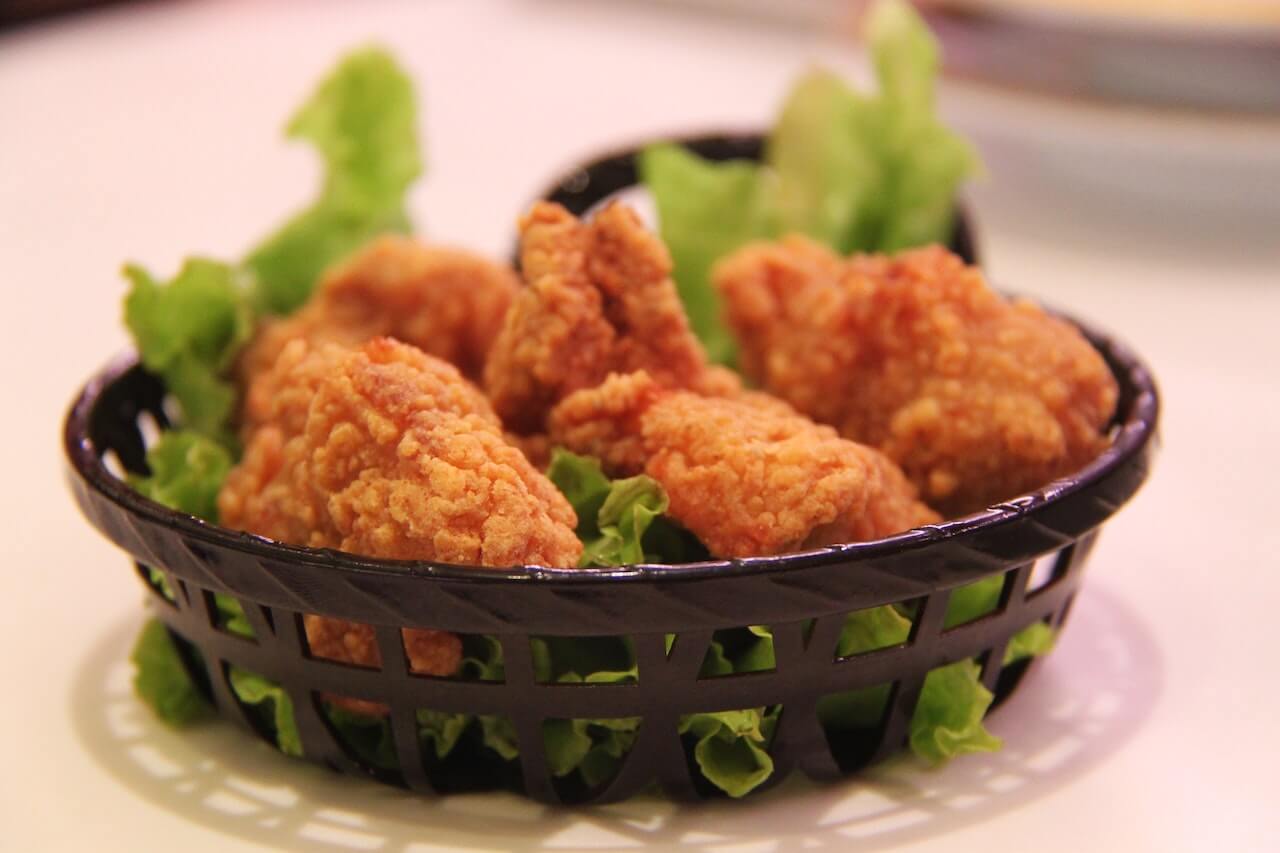
Fatty, deep-fried foods are harder for your body to digest and can cause indigestion and discomfort during your swim.
Fast foods may be high in calories, unhealthy fats, and sodium, which can negatively impact your hydration and overall health. Some examples of deep-fried and fast foods to avoid are:
- Fried chicken
- French fries
- Onion rings
- Fried seafood
High Fiber Foods
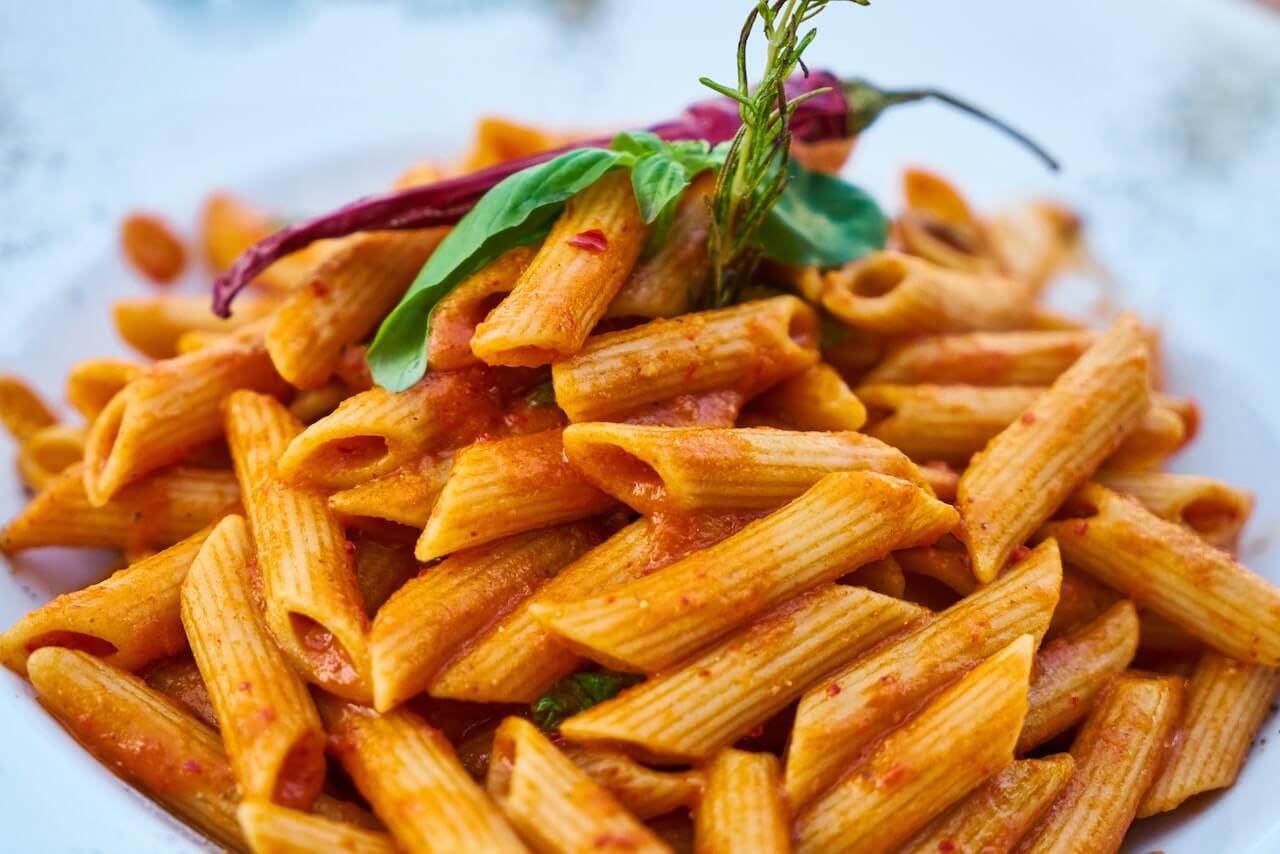
While fiber is essential for a healthy diet, eating high-fiber foods immediately before swimming can lead to discomfort and digestion issues. Opt for lower-fiber options instead. High-fiber foods to avoid before swimming include:
- Wholemeal pasta
- Brown rice
- Bran cereals
- Certain fruits and vegetables (e.g., raspberries, artichokes)
Alcohol
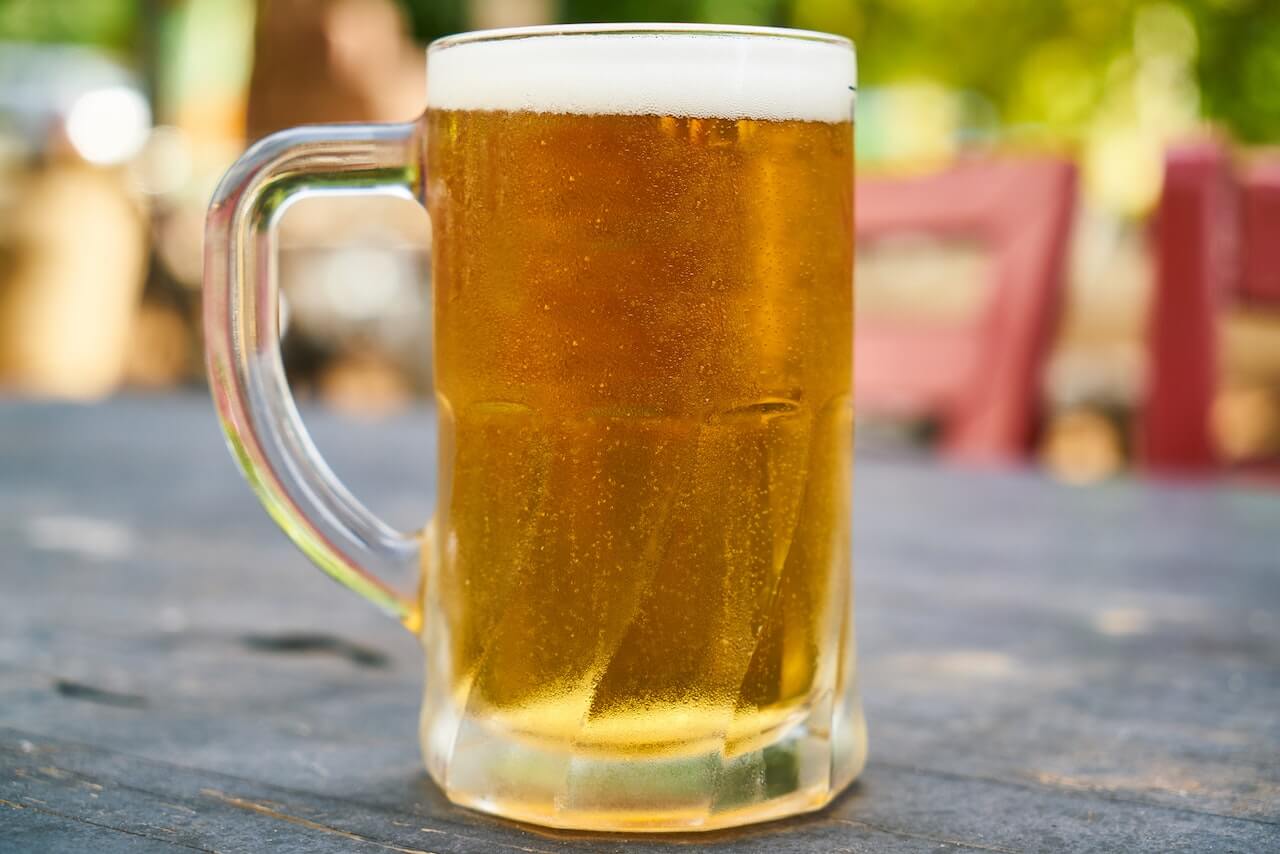
Alcohol can cause dehydration, impair your coordination, and decrease your endurance, making it a clear no-go for swimmers.
Even moderate consumption before swimming can negatively impact your performance. Examples of alcoholic beverages to avoid include:
- Beer
- Wine
- Cocktails
- Hard liquor
Excessive Caffeine and Stimulants

While moderate amounts of caffeine can provide a short-term energy boost, excessive consumption can lead to jitteriness, nausea, and increased heart rate.
Overdoing stimulants like caffeine can also disrupt your sleep patterns and affect your overall health. Examples of caffeinated items to limit or avoid include:
- Energy drinks
- Coffee
- Tea
- Chocolate
Certain Dairy Products
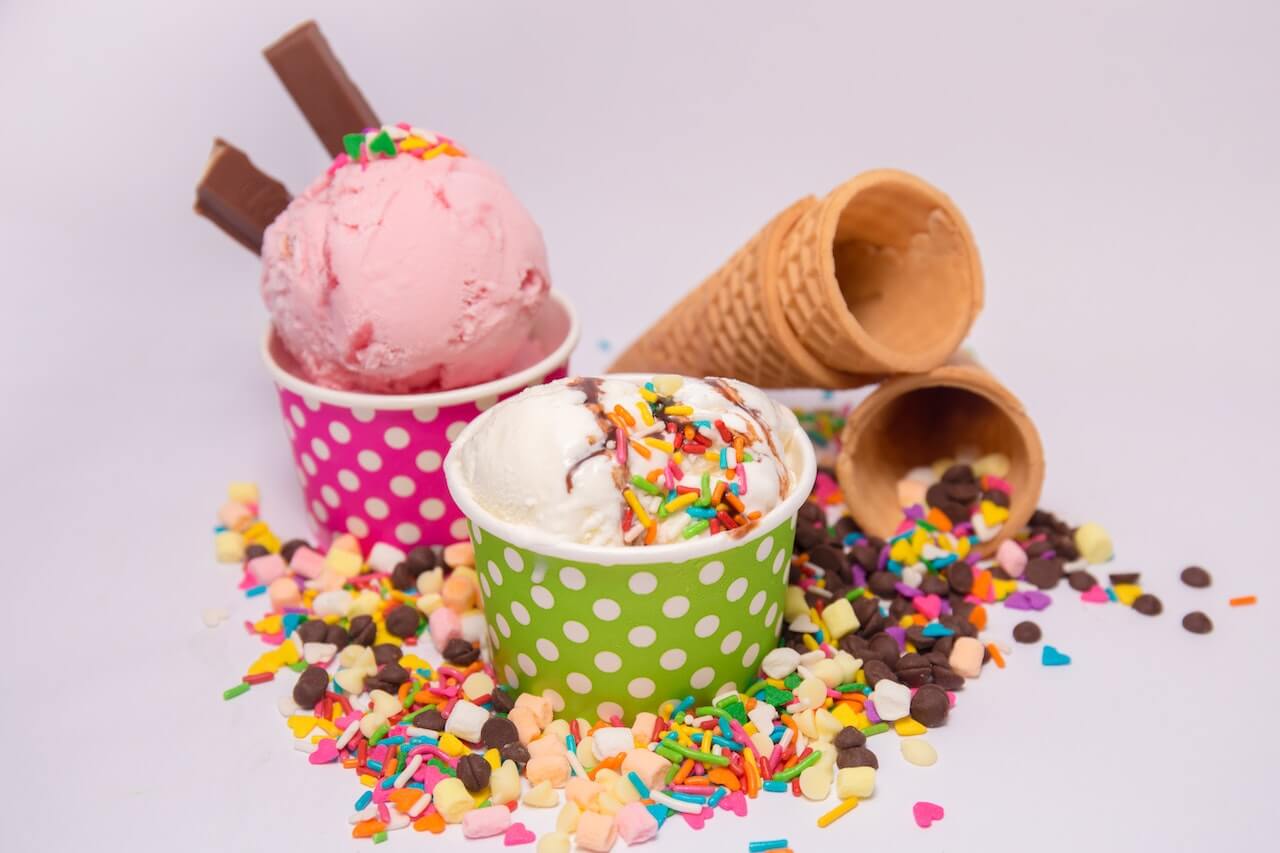
Some people may experience bloating, cramps, and gastrointestinal issues after consuming certain dairy products.
If you’re sensitive to lactose, i.e. lactose intolerant, opt for lactose-free or plant-based alternatives before swimming. Examples of dairy products that swimmers might consider limiting or avoiding include:
- Milk
- Ice cream
- Certain types of cheese (e.g., soft cheeses)
Ideal Pre-Swim and Post-Swim Foods
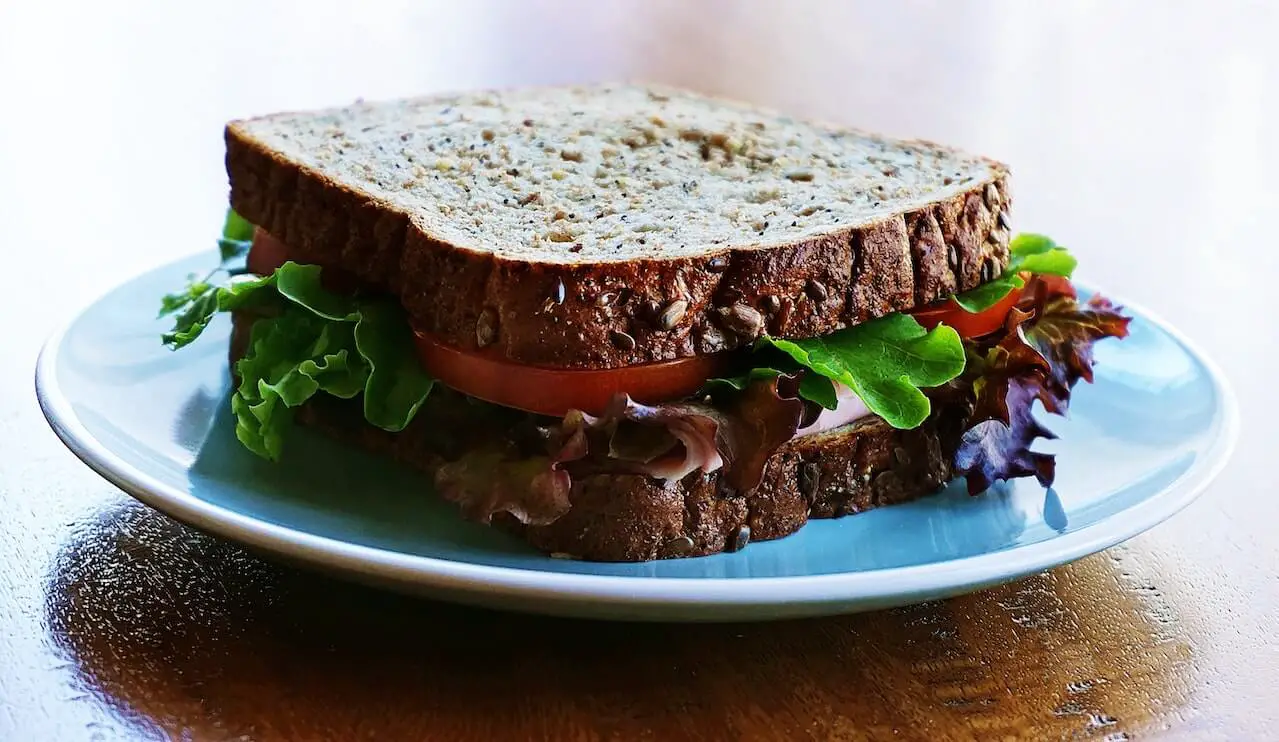
Balanced Meals and Snacks
Now you know what foods to avoid, but what are some healthier alternatives instead? Aim to eat foods that provide energy without causing discomfort or sluggishness.
Some good pre-swim options include bananas, apples, and low-fat granola bars. Nuts, such as walnuts, are also a great choice, as they are high in energy, protein, and healthy fats.
For post-swim recovery, focus on refueling your body with a mix of carbohydrates, proteins, and healthy fats.
Some ideal options include:
- Scrambled eggs and avocado toast
- Greek yogurt with fresh fruit
- Acai bowl with fruit, peanut butter, and granola
- Rice bowls with chicken and vegetables
- Sweet potatoes
- Oatmeal with protein powder and toppings, like fruits or nuts
After an intense workout, your body needs energy to repair muscles and replenish glycogen stores, so don’t forget to treat yourself to a hearty, well-balanced meal.
Hydration
Proper hydration is also crucial for swimmers, as it can impact your performance and overall health.
Before your swim, ensure that you’re well-hydrated by drinking water or a low-sugar sports drink. This will help boost your endurance and keep your energy levels up throughout your workout.
During and after your swim, don’t forget to rehydrate with water or a sports drink that contains electrolytes. This will help replace the fluids and electrolytes you lost through sweat, promoting proper digestion and overall recovery.
When choosing a sports drink, try to avoid those with high sugar content, as they may lead to energy crashes and hinder your recovery process.
Impact of Diet on Swimmer’s Performance and Health
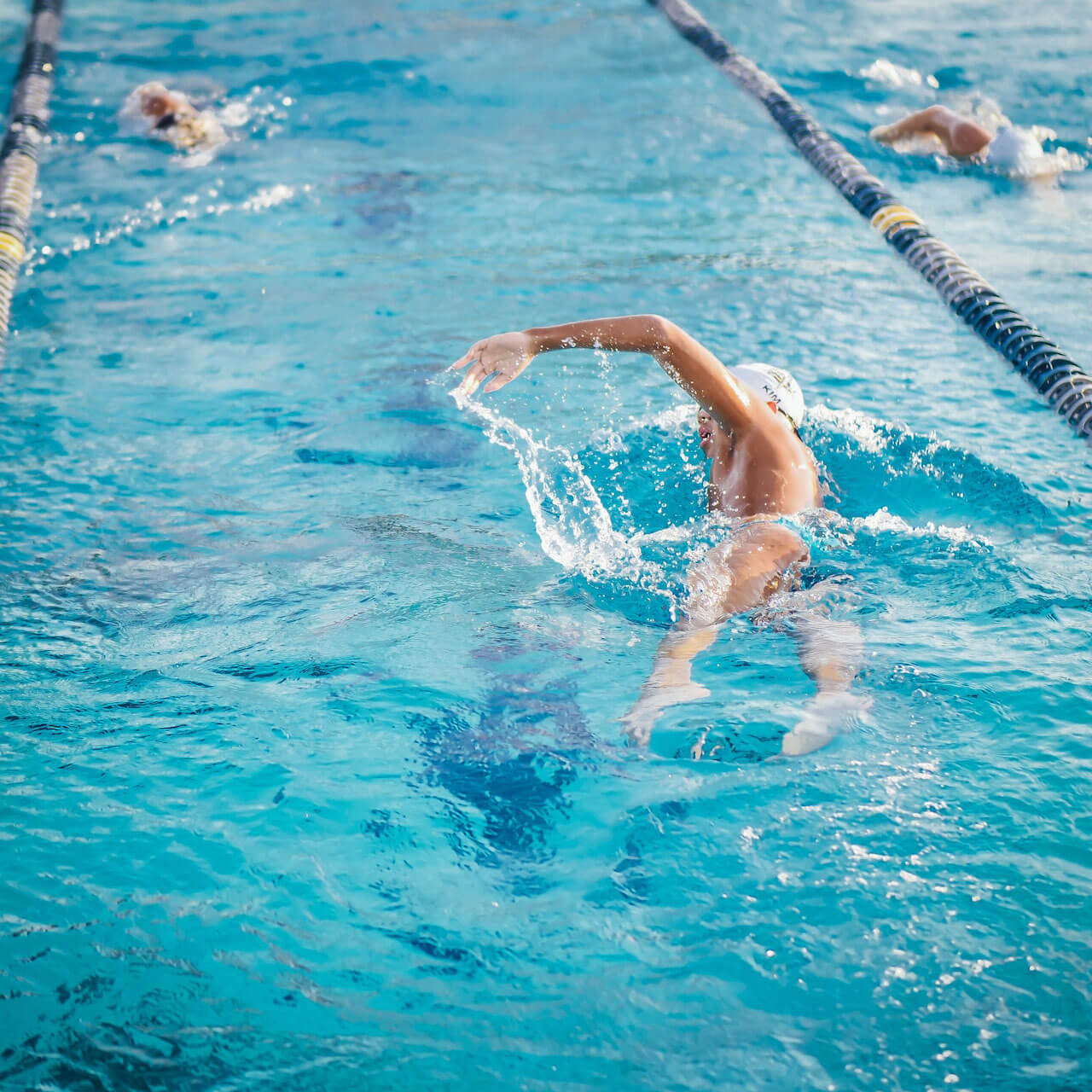
Energy Levels and Muscle Recovery
As a swimmer, you know the importance of maintaining high energy levels and promoting muscle recovery.
Eating a healthy diet, balanced in carbohydrates and protein, fuels your swimming performance and supports post-training recovery.
Carbohydrates provide the energy you need during intense training sessions, while protein helps repair and rebuild damaged muscles.
A pre-swim meal high in carbs and low in fiber and fat is essential for maintaining stamina. Furthermore, having a quick snack with carbohydrates and protein within 30 minutes after swimming will facilitate better muscle recovery.
Hydration is equally crucial for swimmers, as dehydration affects energy levels, muscle function, and overall performance. Avoid solely relying on sports drinks, as they can contain excessive sugars. Instead, drink water throughout the day and practice sessions to stay properly hydrated.
Overall Health and Disease Prevention
A balanced diet for swimmers offers more than just performance benefits – it also promotes overall health and disease prevention.
Eating nutrient-dense foods supplies essential vitamins and minerals to support heart health, reduce the risk of gastrointestinal issues, and maintain a healthy weight.
Incorporate a variety of nutrients, like healthy fats from nuts and milk, into your diet to support your body’s long-term function. Including antioxidant-rich foods, such as fruits and vegetables, helps combat oxidative stress, which may lower the risk for heart disease and diabetes.
Paying attention to your sports nutrition and making informed choices about the foods you consume may lead to enhanced performance and contribute to a healthier lifestyle. Stick to these guidelines, and you’ll be well on your way to reaching your maximum potential, both in and out of the pool.
Sources:

